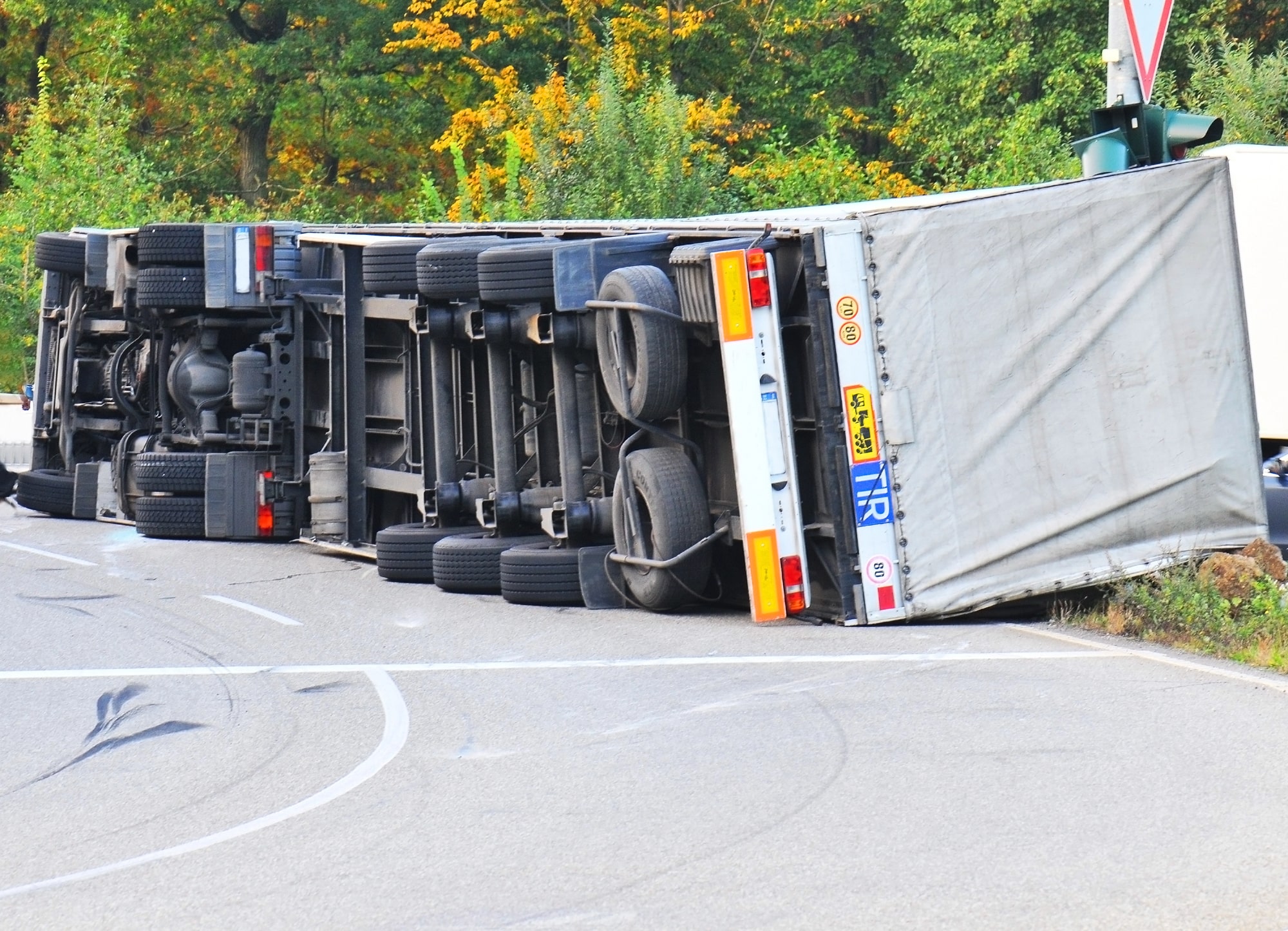Network Of Independent Truck Accident Attorneys
Kentucky Truck Accident Laws
100% Committed To Maximizing Your Recovery
The Impact Of Trucking Regulations On The U.S. Economy

Trucking is the backbone of the U.S. economy, moving over 70% of the country’s freight by weight. However, strict regulations play a critical role in ensuring the safety and efficiency of this vital industry. The impact of these regulations is significant not only on safety but also on the economy. In states like Kentucky, Truck Accident Laws Kentucky govern everything from driver hours of service to vehicle maintenance, ensuring that trucking companies operate safely and responsibly. These regulations can help prevent accidents, reduce costs, and promote long-term economic growth.
1. Safety Regulations And Economic Stability
Safety regulations, including Hours of Service (HOS) rules, are critical to reducing accidents caused by driver fatigue. The Federal Motor Carrier Safety Administration (FMCSA) enforces HOS regulations that limit the number of hours a driver can operate a truck without taking a break. These laws are crucial in preventing crashes and minimizing fatalities, which in turn reduces the economic losses associated with accidents.
Truck accidents can cause substantial economic strain, both in terms of immediate damage and long-term impacts on businesses. Companies can face lawsuits, increased insurance premiums, and damaged reputations, all of which affect their bottom line. The cost of truck accidents is estimated in billions annually, which highlights the importance of strict enforcement of safety regulations. Kentucky’s truck accident laws align with federal standards to ensure that trucking companies and drivers minimize these risks.
2. Regulatory Impact On Small And Large Businesses
Trucking regulations, while essential for safety, can also have financial implications for both small and large businesses. Compliance with these laws requires trucking companies to invest in better training, safety equipment, and maintenance routines. Smaller companies, which may lack the financial resources of larger corporations, can struggle with these costs. In some cases, this can lead to increased freight rates, which can affect the overall economy by raising the cost of goods.
However, these regulations can also level the playing field for smaller companies by holding all trucking businesses to the same high safety standards. This ensures that companies compete fairly without compromising safety to reduce costs. In the long run, businesses that comply with trucking regulations are more sustainable and less likely to face the costly disruptions that can arise from accidents or regulatory violations.
3. Environmental Regulations And Economic Impact
Environmental regulations have become increasingly important in the trucking industry. Regulations aimed at reducing carbon emissions, such as requiring cleaner-burning diesel engines or encouraging the adoption of electric trucks, are crucial for minimizing the environmental impact of trucking. While these regulations can increase upfront costs for companies, they can also lead to long-term savings through fuel efficiency and the reduction of penalties for non-compliance with environmental laws.
In Kentucky, trucking companies must also adhere to state-specific environmental regulations designed to reduce pollution and protect natural resources. These environmental laws help minimize the trucking industry’s environmental footprint, but they also require investment in new technology and equipment, which can affect short-term profits. However, by reducing fuel costs and improving public perception, these regulations contribute to a more sustainable economy.
4. Long-Term Economic Benefits Of Trucking Regulations
While compliance with trucking regulations involves upfront costs for businesses, the long-term economic benefits outweigh these expenses. Regulations reduce the risk of accidents, lower insurance costs, and promote a safer and more sustainable industry. Furthermore, the trucking industry’s adherence to environmental standards helps to protect the environment, which is vital for industries like agriculture, tourism, and manufacturing that rely heavily on natural resources.
For more information on trucking laws and safety regulations in Kentucky, you can visit the official Kentucky Transportation Cabinet website.
Legal Challenges
Trucking regulations have a profound impact on the U.S. economy by promoting safety, reducing accidents, and encouraging sustainability. Understanding and complying with these laws is crucial for trucking companies to avoid legal issues and remain competitive in the market. If you or your company has been involved in a truck accident or faces legal challenges, Truck Law can help you navigate the complexities of trucking regulations and protect your rights. Contact Truck Law today for expert legal assistance.